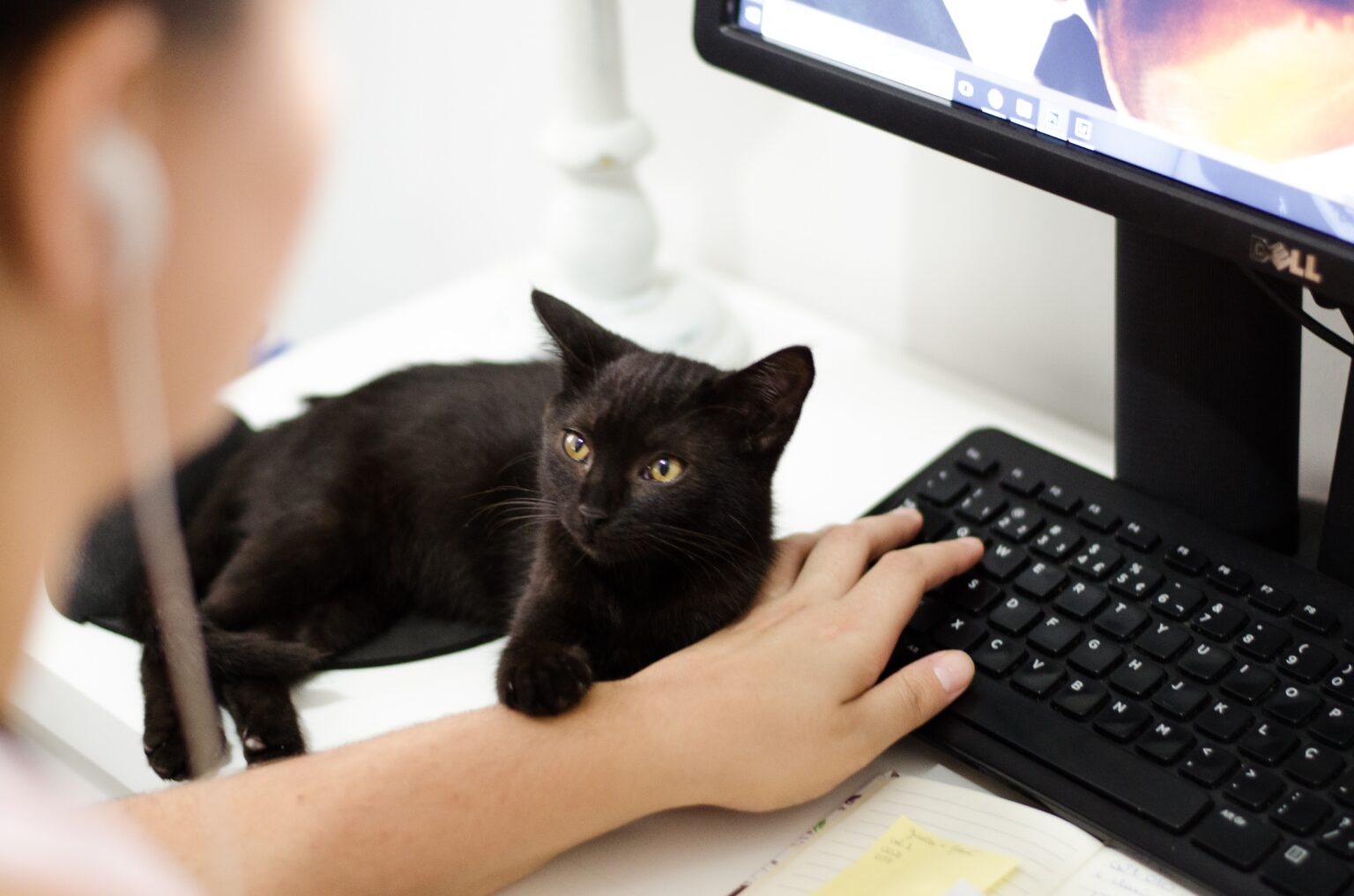Introduction
Cats have been surrounded by myth and folklore for centuries. Many common cat myths persist today despite having no basis in fact. This article will debunk some of the most prevalent cat myths using evidence from scientific research and animal experts.
Myth 1: Black Cats Are Unlucky
- Black cats have a long history of being associated with bad luck and witchcraft, stemming from medieval superstitions.
- In some cultures they are considered good luck, like bringing money in Scotland or fortune in China.
- Black cats face bias and difficulty being adopted due to lingering superstitions.
- In reality, black cats have no supernatural powers – they need love and care like any other cat.
Myth 2: Cats Hate Water
- Many people believe cats inherently dislike water due to grooming habits.
- Wild cats like tigers and jaguars regularly swim and catch fish.
- Domestic cats can be trained to accept, and even enjoy, water. Using treats, introduce water slowly.
- Some breeds like Turkish Vans love water. Individual personality determines each cat’s feelings.
Myth 3: Cats Only Care About Themselves
- Cats are often seen as aloof and independent.
- Cats form social bonds and show affection on their own terms.
- Cats communicate in subtle ways like slow blinking, head-butting, and purring.
- Studies show cats form secure attachments to owners who care for them.
Myth 4: Cats Always Land On Their Feet
- Cats have excellent balance and agility to land upright.
- This “righting reflex” develops with age and reach full ability around 7 weeks.
- Falls from extreme heights or while unprepared can overwhelm a cat’s reflexes.
- Landing on feet depends on the cat’s flexibility, height fallen, and body position.
Conclusion
Many myths unfairly malign cats. Learning the truth behind common cat misconceptions can help us better understand and care for our feline friends. With patience and affection, cats make loyal and loving companions.


